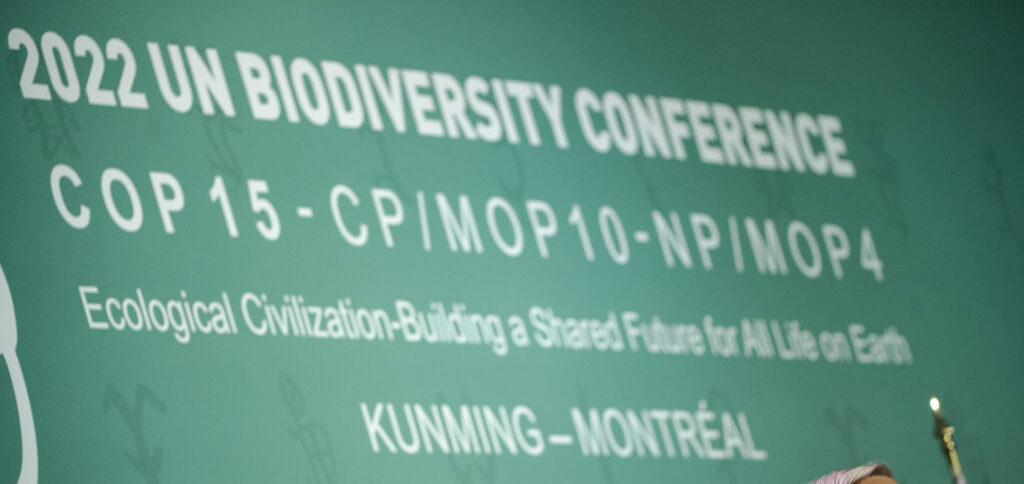The announcement by a handful of rich countries of an increase in their financial aid to biodiversity in developing countries could calm the mood, following the previous day's tension surrounding this thorny issue.
ADVERTISING
To stop the destruction of the planet and its resources, countries have until Monday to complete the “global biodiversity framework”, a roadmap to be followed until 2030. At the center of the debates are important topics, such as the protection of 30 % of the world's land space and maritime space, a huge improvement compared to the respective current 17% and 8%.
Billion-dollar subsidies
Also under debate are the elimination of billion-dollar subsidies harmful to species, support for sustainable fishing and agriculture, the reduction of pesticides and reforestation. But all objectives depend, to some extent, on guaranteeing financial mechanisms to achieve them.
The financial issue, omnipresent in negotiations, made a major advance today, after Australia, Japan, the Netherlands, Norway, Spain and the United States announced an increase in their commitments. The six countries join efforts previously announced by Germany, France, the European Union, the United Kingdom and Canada.
ADVERTISING
“These new announcements and the reiteration of existing commitments are a good sign of the political will that Montreal so desperately needs,” said Claire Blanchard of WWF International. But it is not clear whether the new commitments will be sufficient to meet the needs of Southern countries, which concentrate most of the remaining biodiversity on the planet.
Brazil and others demand financial subsidies
In a letter to participants, delegates from President Luiz Inácio Lula da Silva expressed concern about “the current impasse in negotiations”. “Without financial resources compatible with the level of ambition of the Global Framework’s objectives and goals, it will not be possible to implement the new structure,” declared the Brazilian elected government.
Dozens of countries, with Brazil in the lead, demand “financial subsidies of at least 100 billion dollars annually, or 1% of world GDP, by 2030”. The number represents ten times the amount of current aid, and as much as the prometaken for the fight against global warming.
ADVERTISING
The values discussed are still far below what is necessary. But “it is not enough for 11 countries toprometam, in a context in which many countries have the financial resources to participate”, pointed out French minister Christophe Béchu, a sign that the battle of numbers is far from over.
Global Fund for the Environment
According to observers, several developing countries were today willing to abandon the demand to create a global fund dedicated to biodiversity, in exchange for a reform of the Global Environment Facility and existing financial flows, private, philanthropic or multilateral.
“A healthy ecosystem is essential for the prosperity of civilization,” Chinese President Xi Jinping said today in a video message during the opening of ministerial negotiations.
ADVERTISING
In addition to moral considerations, prosperity is at stake, experts point out: more than half of the world's GDP depends on nature and its services.
(AFP)






